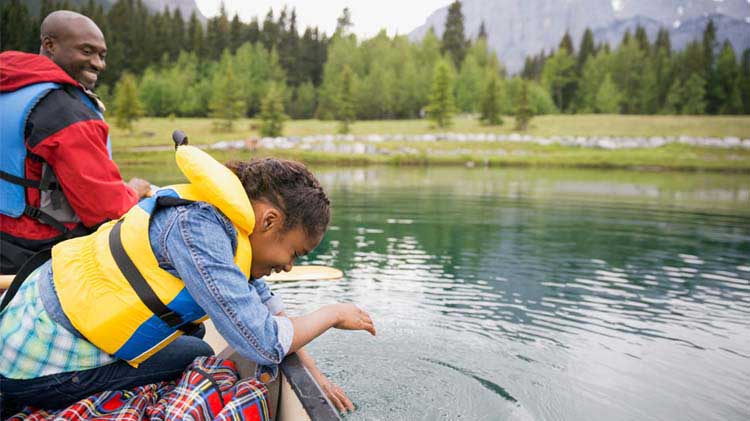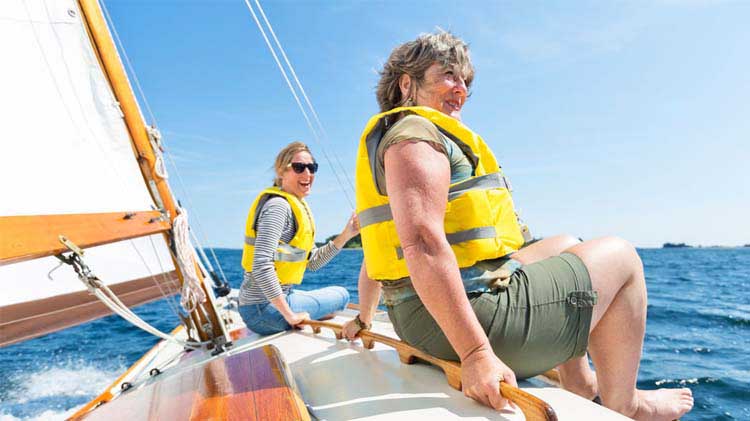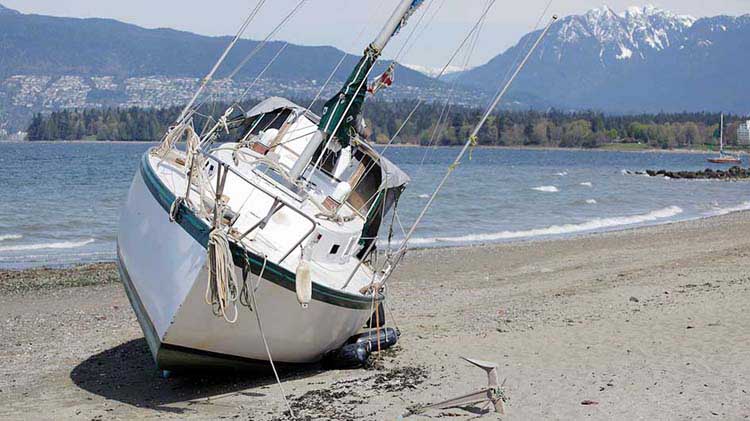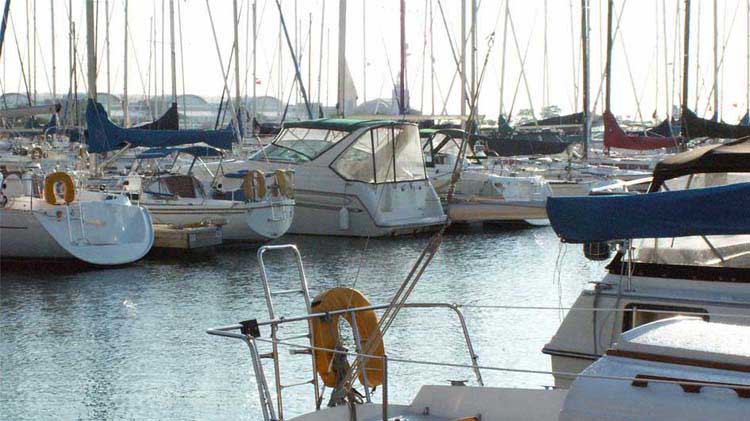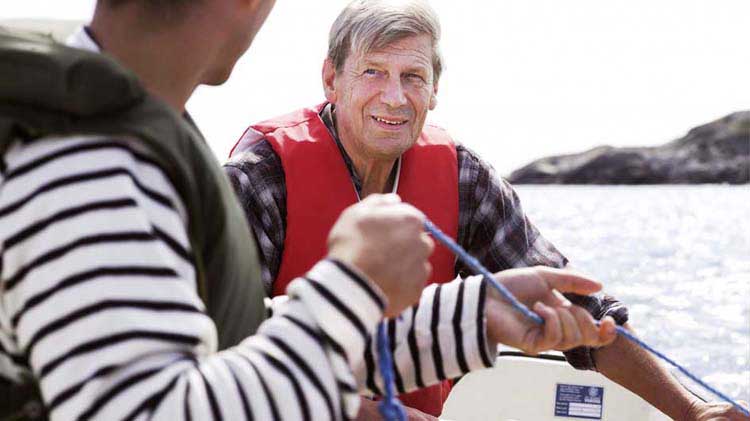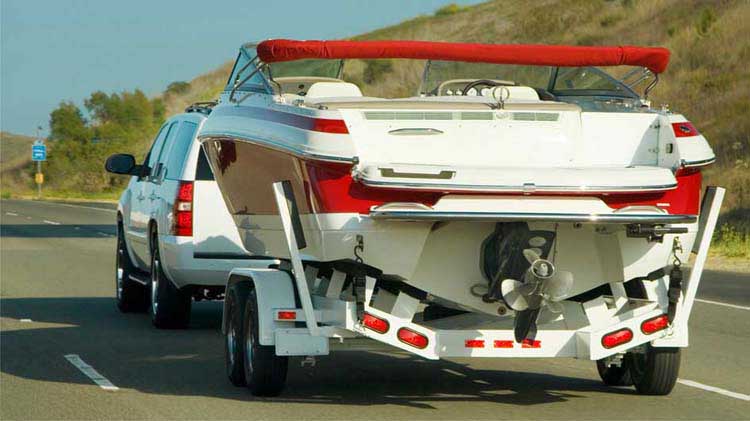Boat safety tips and why you should get certified
There are plenty of good reasons to be an educated boat operator. Chief among them: safety. According to the U.S. Coast Guard, 74% of deaths occurred on boats where the operator did not receive boating safety instruction. The good news, though, is that saving lives and reducing injuries might be as easy as taking a safety course and receiving a boater's safety certificate. That way, you familiarize yourself with operation basics and etiquette, as well as state and federal waterway rules.
Below are some tips to help keep you safer on the water.
Life jackets
All vessels should have enough accessible life jackets for every child and adult on board. According to the U.S. Coast Guard, approximately 84% of boating fatalities could have been prevented if life jackets had been worn. Life jackets should fit snugly and keep the water from rising above the chin or ears. Users should have the appropriate size — children should not wear adult size jackets. And life jackets should be checked annually for buoyancy and general maintenance.
Boating accidents
- Operator inattention
- Improper lookout
- Operator inexperience
The leading cause of deaths while boating is related to alcohol use. So while obeying the speed limit and not driving under the influence are important recommendations, paying attention and keeping an eye out for other boats and people are important in helping prevent boating accidents.
Rules of the water
Just like when driving a car there are rules of the road, driving a boat brings its own set of rules. Here are some examples.
- When two motorized vessels look to cross in the water, the "give-way vessel"(the boat that has the other boat on its starboard/right side) should slow down and/or cross behind the "stand-on vessel."
- When overtaking another boat (coming from behind and passing), the give-way vessel can pass on either side of the stand-on vessel.
- Boaters must always operate their vessel at a safe controlled speed for the situation.
- Avoid boating too close to other boats.
- Don't operate a boat while under the influence of alcohol or drugs.
Carbon monoxide
Carbon monoxide (CO) is an odorless, tasteless and invisible poison. It can accumulate both inside and outside the boat. Gases can accumulate in enclosed spaces, from other boats emitting nearby, while sitting idle or at low speeds or from a back draft.
Some ways to prevent poisoning include knowing where the CO may accumulate in your vessel, where the exhaust outlets are and installing CO alarms inside your boat.
First aid kits
It's always a good idea to have a first aid kit on hand. And when you're out on a boat, it might even be more important as you might not have quick, easy access to medical assistance if someone is injured while boating. You'll want to consider:
- How many people are on board. Be sure to have enough supplies for that number.
- How remote you will be while boating. How far you are from the proper medical attention might impact the quantity and types of supplies you keep.
Supplies for the kit should include:
- First aid creams and antiseptics
- Lots of bandages and in multiple sizes
- Gauze pads and adhesive tape
- Scissors
- Aspirin
- Cold packs
Tool kits and other must-haves
Having a tool kit with the proper items might help you from getting stuck out in the middle of the water. And there are other must-haves you should consider having on your boat. Here is a list of some of the items you might want to include.
- Spare boat parts including light bulbs and fuel filters
- Basic tools kept in a tool kit – screw drivers, wrenches, a hammer and maybe a box of various fasteners
- A fire extinguisher
- Oars and paddles
- A VHF radio to call for help
- A flashlight.
And now that you've got some basics…
Knowing basics like these listed above is the key to safe waterways. Some states may require completion of a boat safety course. Boat Ed® offers courses and tests that are recognized by the U.S. Coast Guard, approved by the National Association of State Boating Law Administrators and meet your state's certification standards. See the state-by-state guide at Boat-Ed.com.
Contact a State Farm® agent to find out about boat insurance and how you might qualify for a discount.
